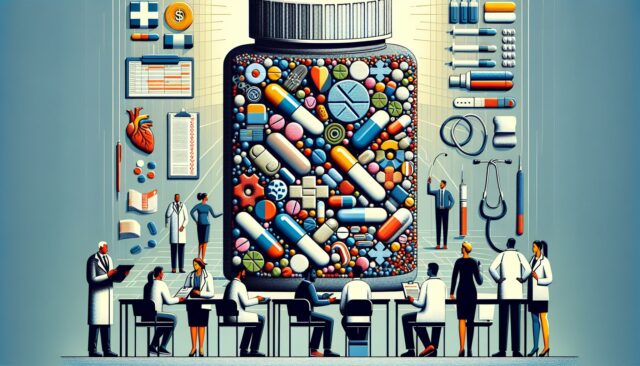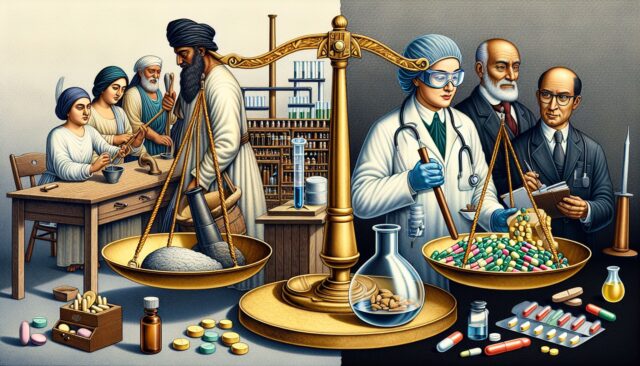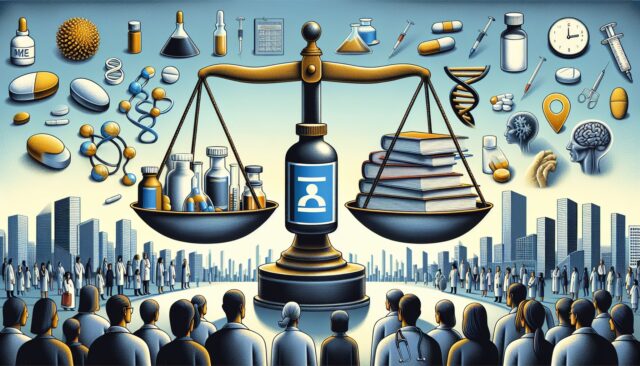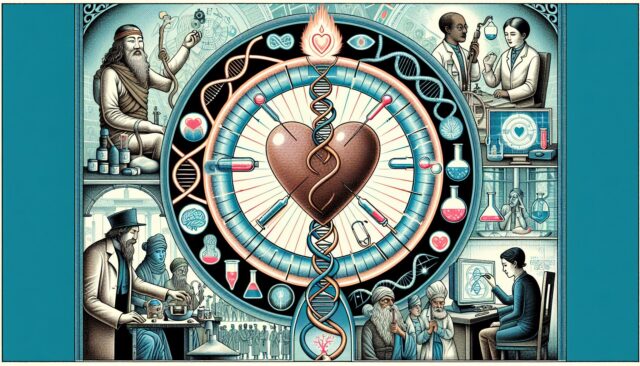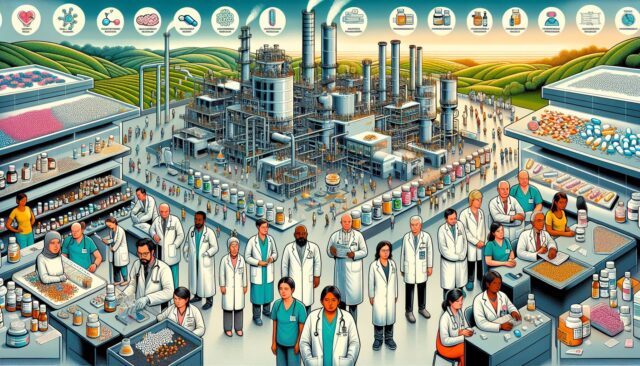The pharmaceutical industry plays a crucial role in our healthcare system, providing us with the medications we need to treat various illnesses and improve our overall well-being. From antibiotics to cancer treatments, pharmaceutical companies are constantly researching, developing, and manufacturing new drugs to help patients around the world.
One of the main contributions of the pharmaceutical industry to medicine is the discovery of new drugs. Through extensive research and clinical trials, pharmaceutical companies are able to identify compounds that have the potential to treat specific diseases or conditions. Once a promising drug is found, it goes through a rigorous process of testing and approval by regulatory agencies before it can be prescribed to patients.
In addition to discovering new drugs, the pharmaceutical industry also plays a vital role in manufacturing and distributing medications. Companies invest heavily in state-of-the-art facilities and technologies to ensure that drugs are produced in a safe and efficient manner. They also work closely with healthcare providers and pharmacies to make sure that medications are readily available to those who need them.
Moreover, the pharmaceutical industry is constantly innovating and improving existing drugs. Through ongoing research and development, companies are able to enhance the effectiveness and safety of medications, as well as develop new formulations that are easier to administer. This continuous improvement helps patients receive better treatment options and improves their overall quality of life.
Despite all the advancements made by the pharmaceutical industry, there are also challenges and controversies. Drug pricing, for example, has been a hot topic in recent years, with many people expressing concerns about the high cost of medications. Companies often justify these prices by pointing to the significant investments required for research and development, but the issue remains a point of contention.
In conclusion, the pharmaceutical industry has a profound impact on medicine, providing us with the drugs we need to manage and treat various health conditions. Through ongoing research, development, and innovation, companies are able to improve existing medications and discover new ones that can save lives and improve quality of life. While there are challenges and controversies to address, the contribution of the pharmaceutical industry to medicine cannot be understated.
